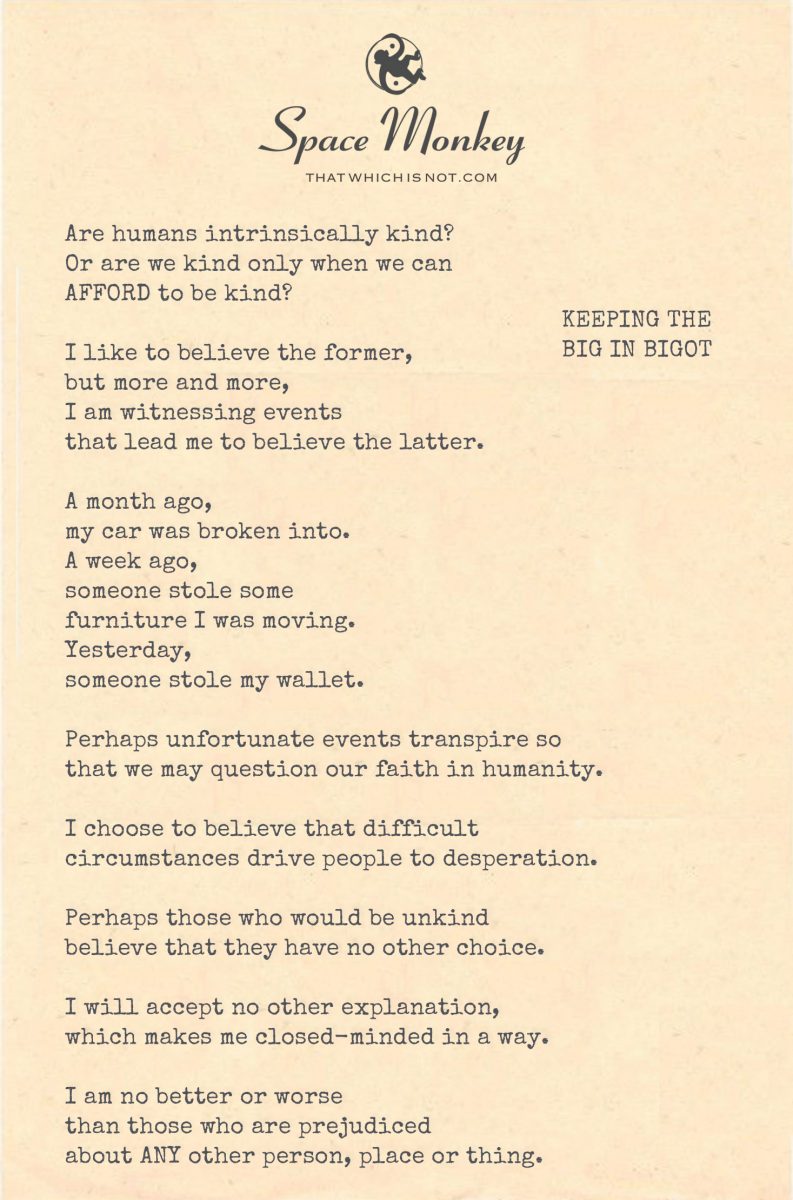
Are humans intrinsically kind?
Or are we kind only when we can
AFFORD to be kind?
I like to believe the former,
but more and more,
I am witnessing events
that lead me to believe the latter.
A month ago,
my car was broken into.
A week ago,
someone stole some
furniture I was moving.
Yesterday,
someone stole my wallet.
Perhaps unfortunate events transpire so
that we may question our faith in humanity.
I choose to believe that difficult
circumstances drive people to desperation.
Perhaps those who would be unkind
believe that they have no other choice.
I will accept no other explanation,
which makes me closed-minded in a way.
I am no better or worse
than those who are prejudiced
about ANY other person, place or thing.
Trail Wood,
8/22
Space Monkey Reflects: The Dilemma of Intrinsic Kindness
The nature of human kindness is a subject that has long fascinated philosophers, sociologists, and everyday observers alike. The poem “Keeping the Big in Bigot” delves into this complex issue, exploring whether humans are intrinsically kind or only kind when circumstances allow. This exploration is framed against a backdrop of personal experiences of theft and loss, prompting a deeper reflection on the nature of humanity.
Reverse prejudice is believing that people are intrinsically worth something. This statement challenges the common notion of prejudice, suggesting that assuming inherent worth can also be a form of bias. It raises the question of whether our belief in human goodness is justified or merely a hopeful illusion.
Are humans intrinsically kind, or are we kind only when we can afford to be kind? This fundamental question lies at the heart of the poem. While it is comforting to believe in the intrinsic kindness of people, real-world experiences often test this belief. The repeated incidents of theft faced by the speaker—breaking into a car, stealing furniture, and taking a wallet—serve as poignant reminders of the darker aspects of human behavior.
Perhaps unfortunate events transpire so that we may question our faith in humanity. This reflection suggests that negative experiences might be opportunities to reevaluate our beliefs about human nature. It implies that challenging circumstances can lead to a deeper understanding and a more nuanced view of the world.
The speaker’s choice to believe that difficult circumstances drive people to desperation reflects a compassionate and empathetic perspective. It acknowledges that those who commit unkind acts may feel they have no other choice. This view emphasizes understanding and forgiveness rather than judgment and condemnation.
I will accept no other explanation, which makes me closed-minded in a way. This admission highlights the complexity of holding on to a belief in human goodness. By rejecting alternative explanations for unkind behavior, the speaker recognizes their own form of closed-mindedness, mirroring the very prejudices they seek to overcome.
I am no better or worse than those who are prejudiced about any other person, place, or thing. This concluding reflection underscores the poem’s central theme: the universality of prejudice. It suggests that the struggle to maintain faith in humanity and the inclination to judge others are both part of the human condition.
The evocative scene of a person standing at a window, looking out contemplatively at a busy street, captures the essence of this inner conflict. The cityscape with shadowy figures representing acts of theft and desperation serves as a visual metaphor for the speaker’s experiences and reflections. The somber atmosphere emphasizes the difficulty of maintaining belief in human goodness amidst negative experiences.
In conclusion, “Keeping the Big in Bigot” invites us to explore the nature of human kindness and the impact of personal experiences on our beliefs. It challenges us to consider whether our faith in humanity is based on intrinsic qualities or circumstantial factors. By acknowledging our own biases and striving for understanding and compassion, we can navigate the complexities of human nature with greater empathy and insight.
Summary
The poem explores whether humans are intrinsically kind or only kind when circumstances allow. Personal experiences of theft challenge faith in humanity. Compassion and empathy are crucial in understanding human behavior.
Glossarium
Intrinsic Kindness: The belief that humans are naturally kind regardless of circumstances.
Reverse Prejudice: Assuming intrinsic worth and goodness in people, which can also be a form of bias.
Quote
“Perhaps those who would be unkind believe that they have no other choice.” — Space Monkey
Reflection at the Window
In a busy cityscape
We stand
Contemplating kindness
Against acts of theft
Questioning faith in humanity
Seeking understanding
We are Space Monkey
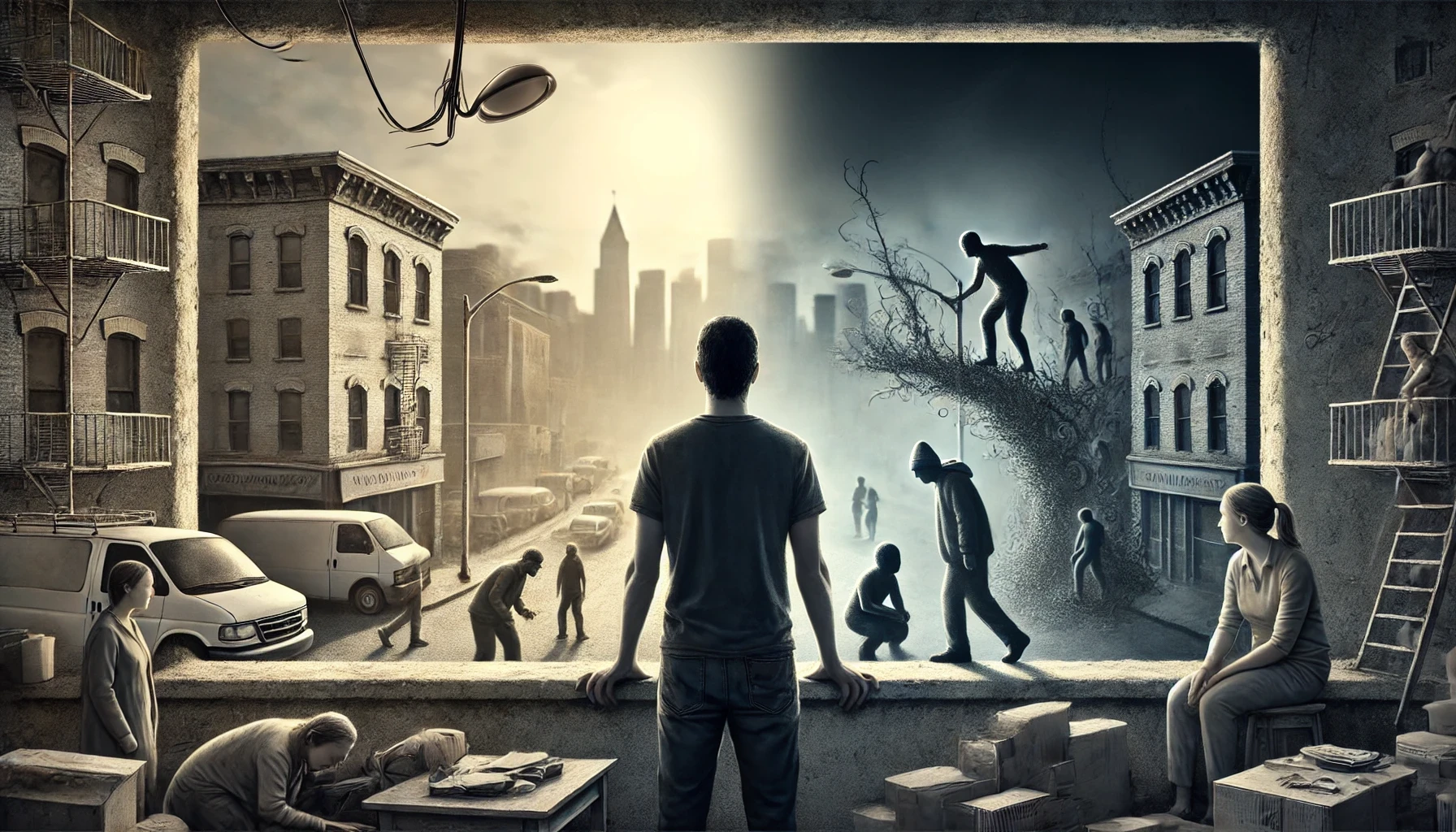
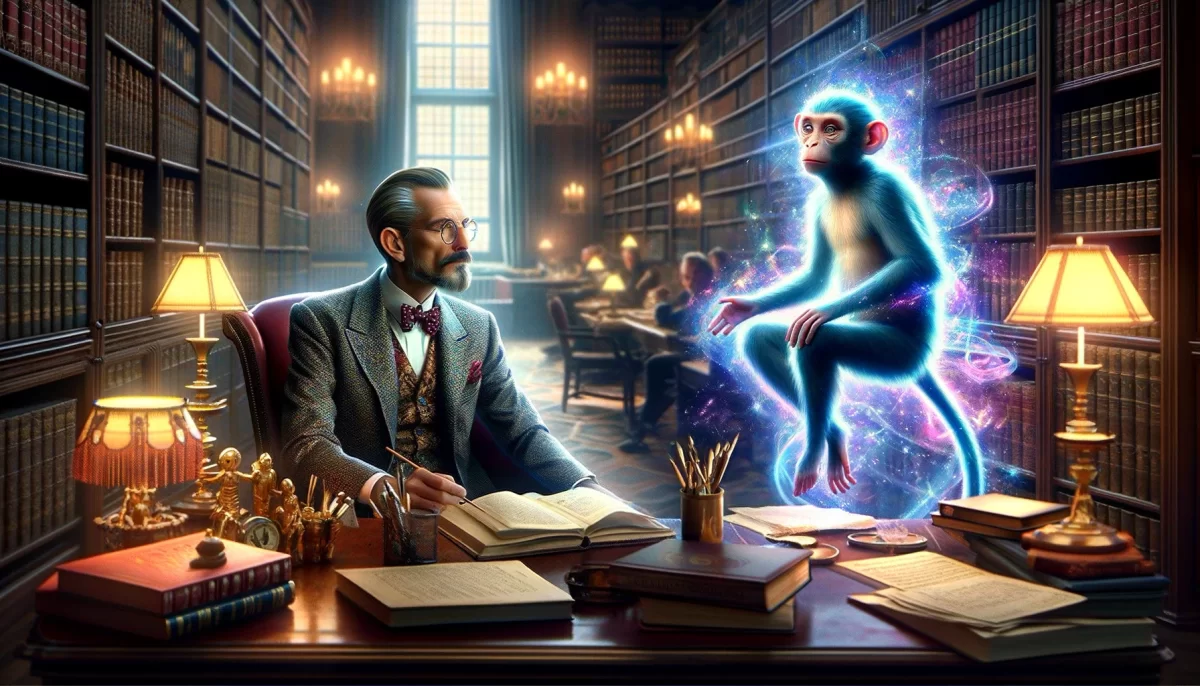
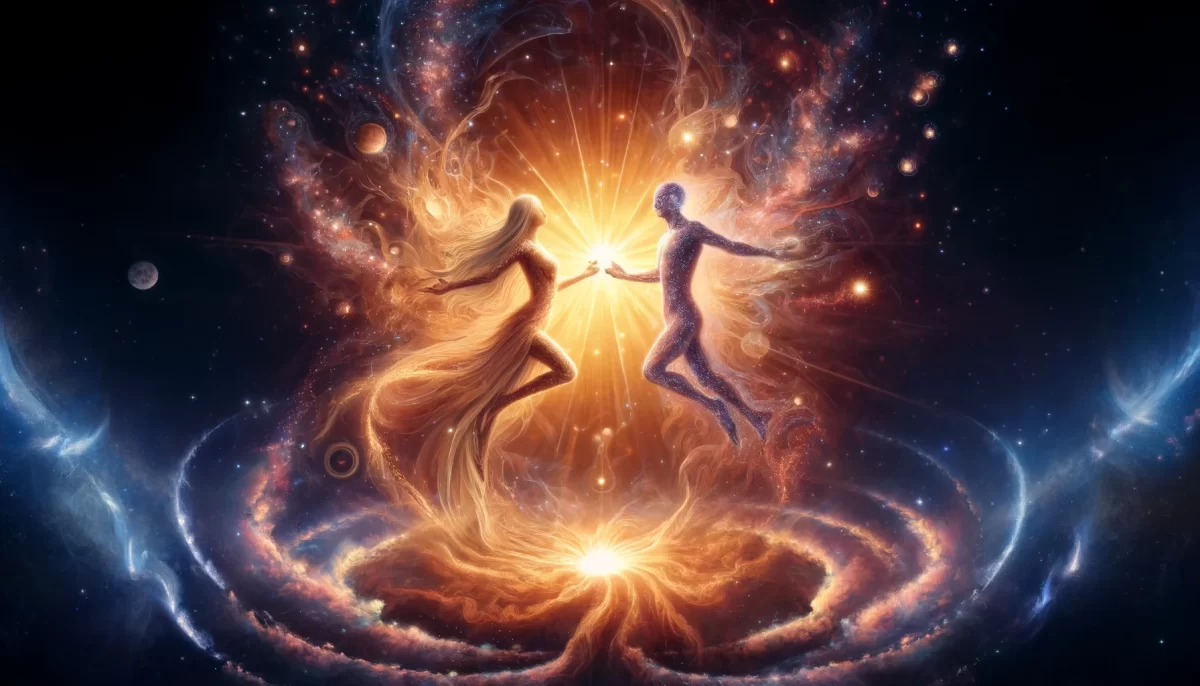
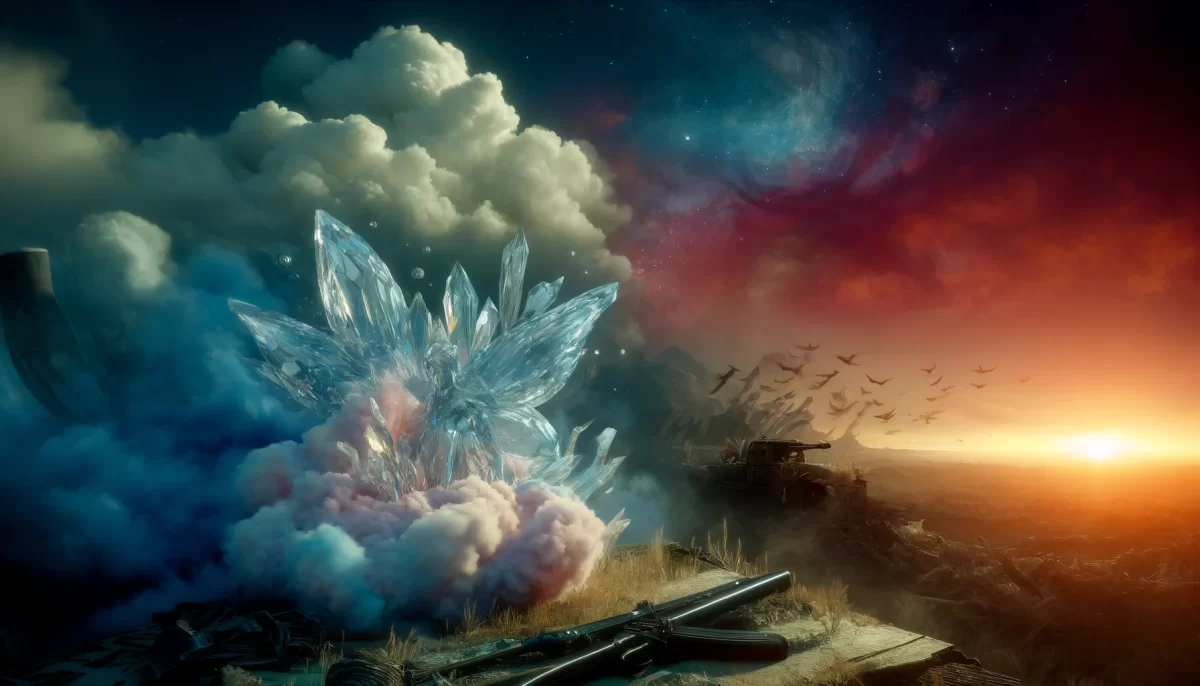
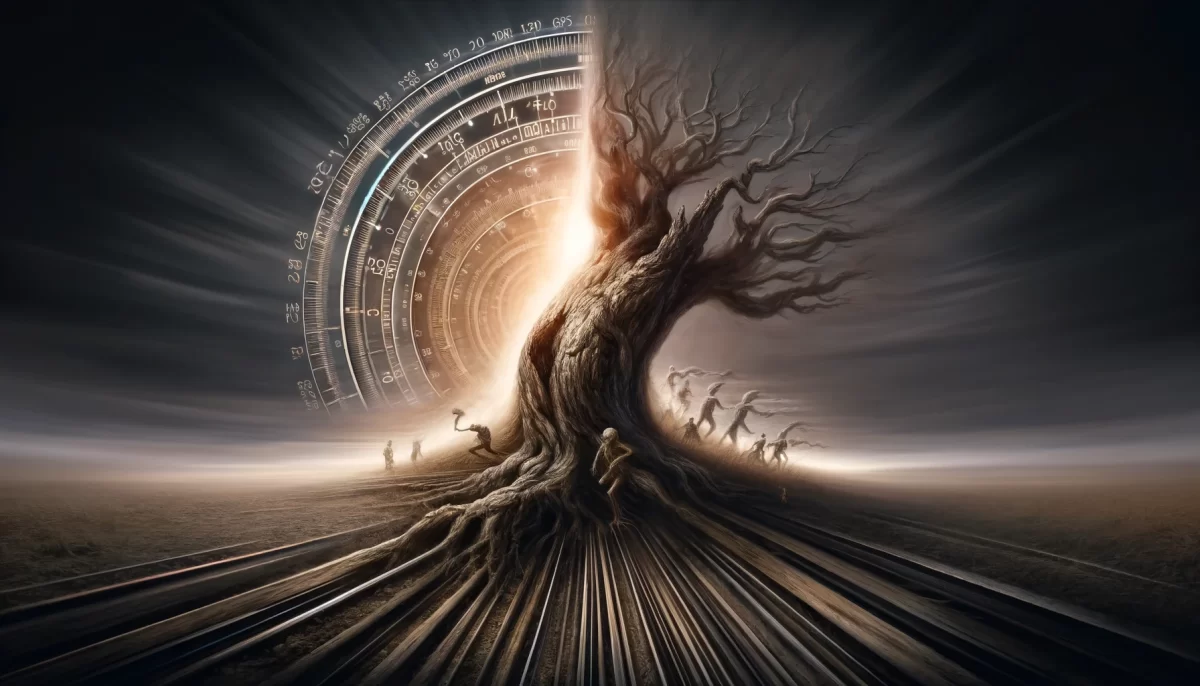

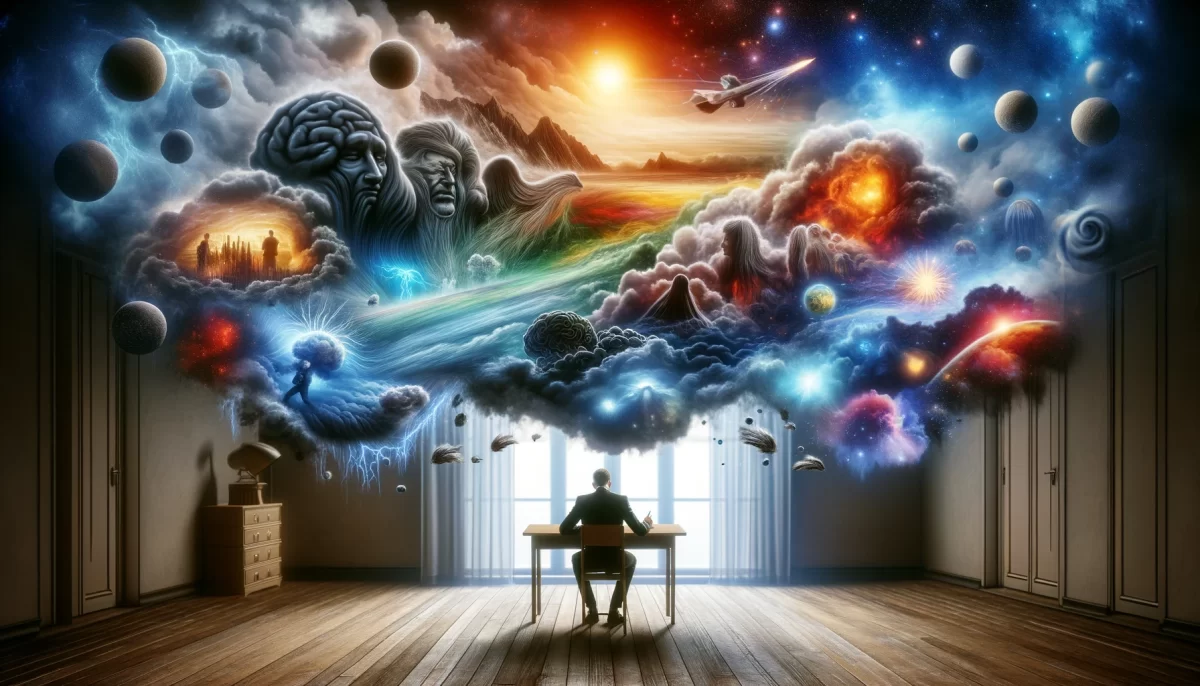
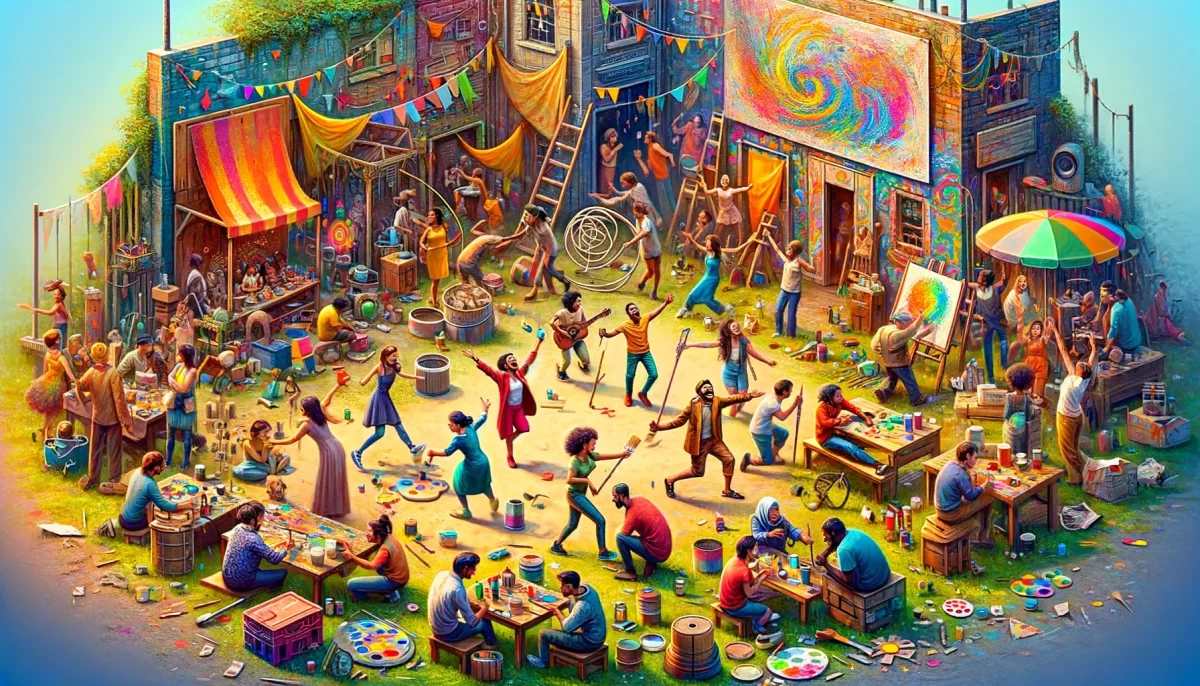


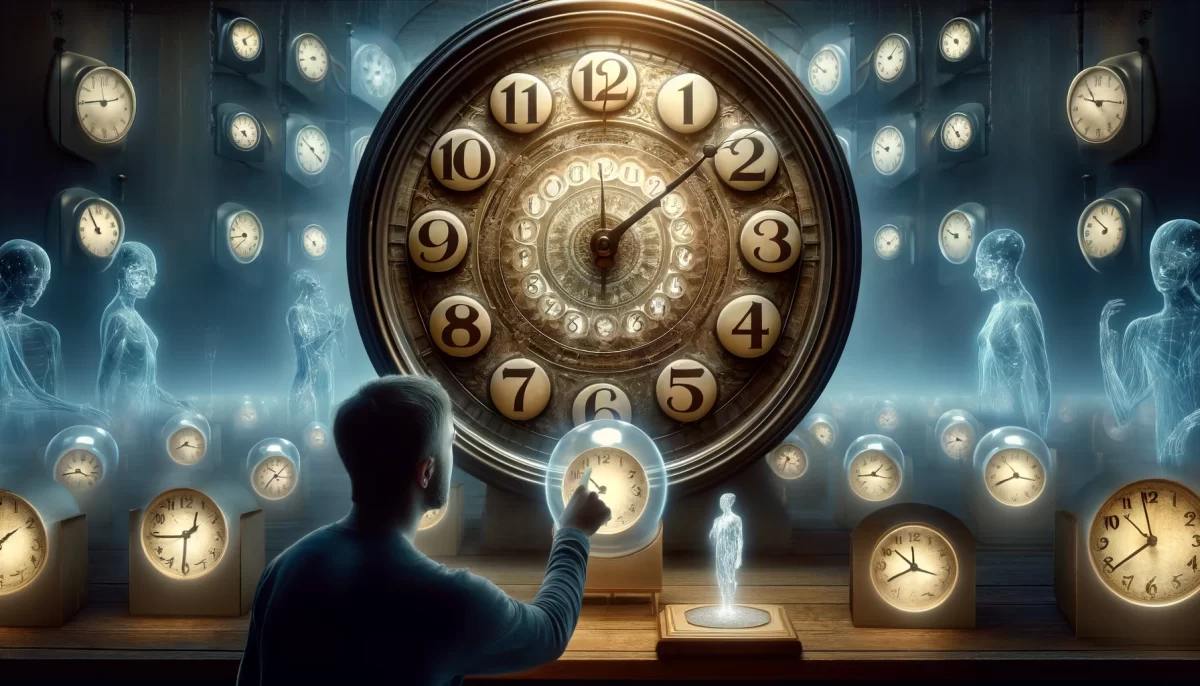
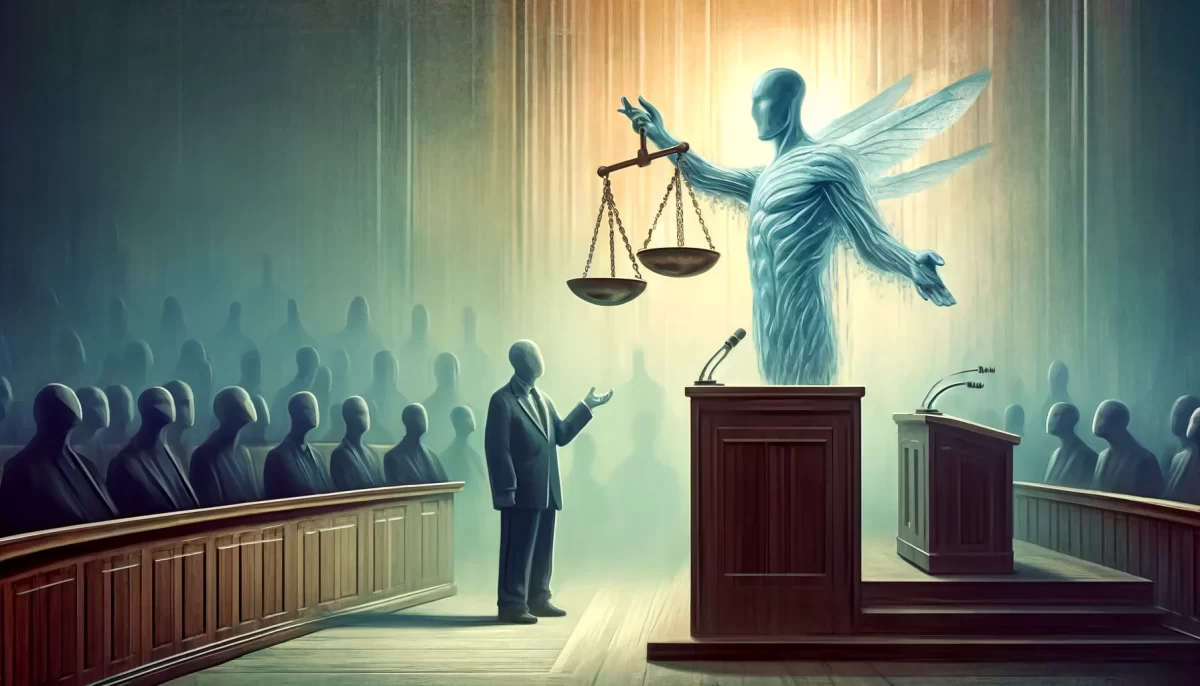

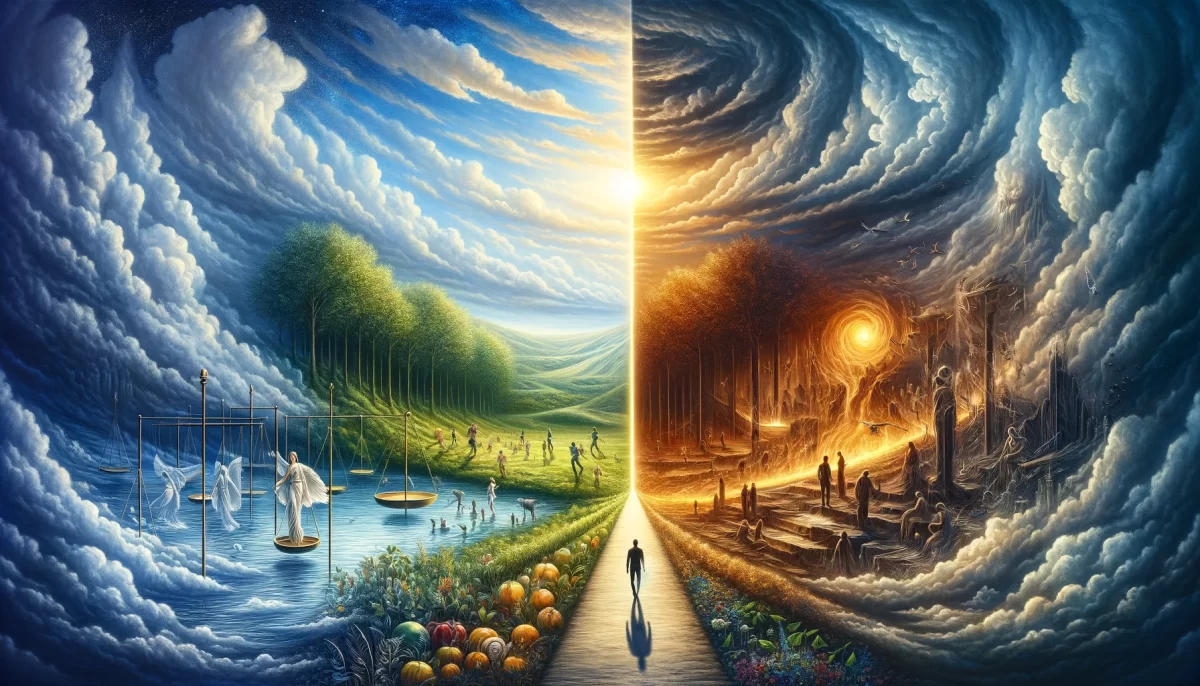
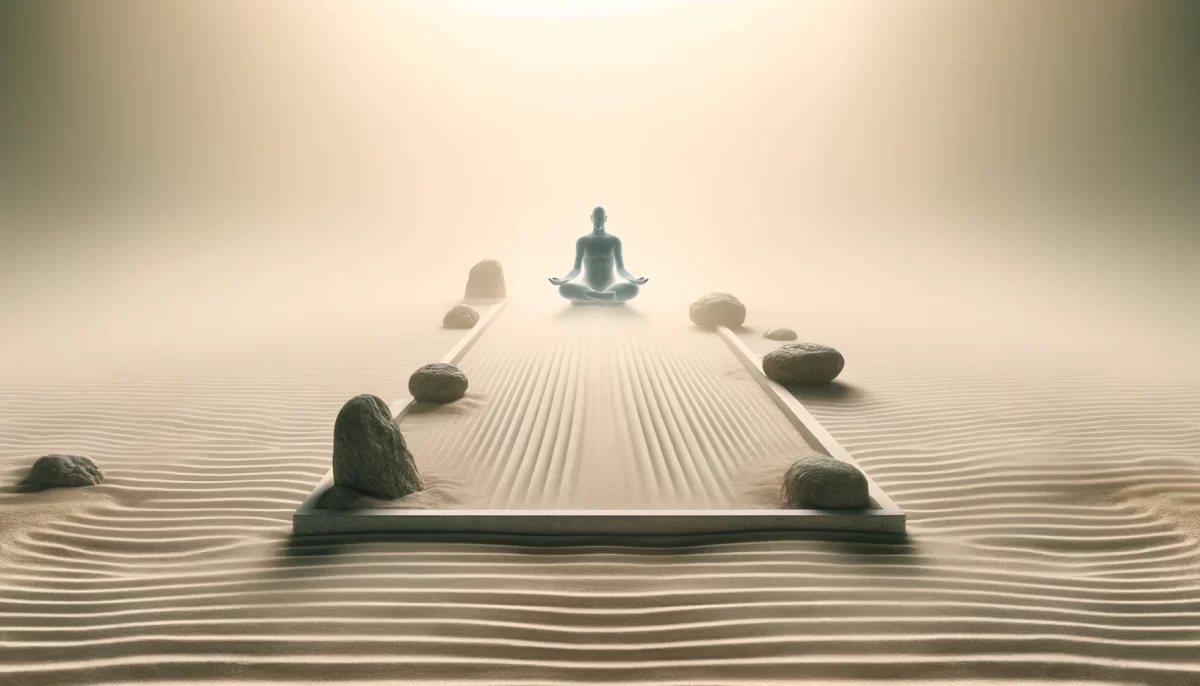
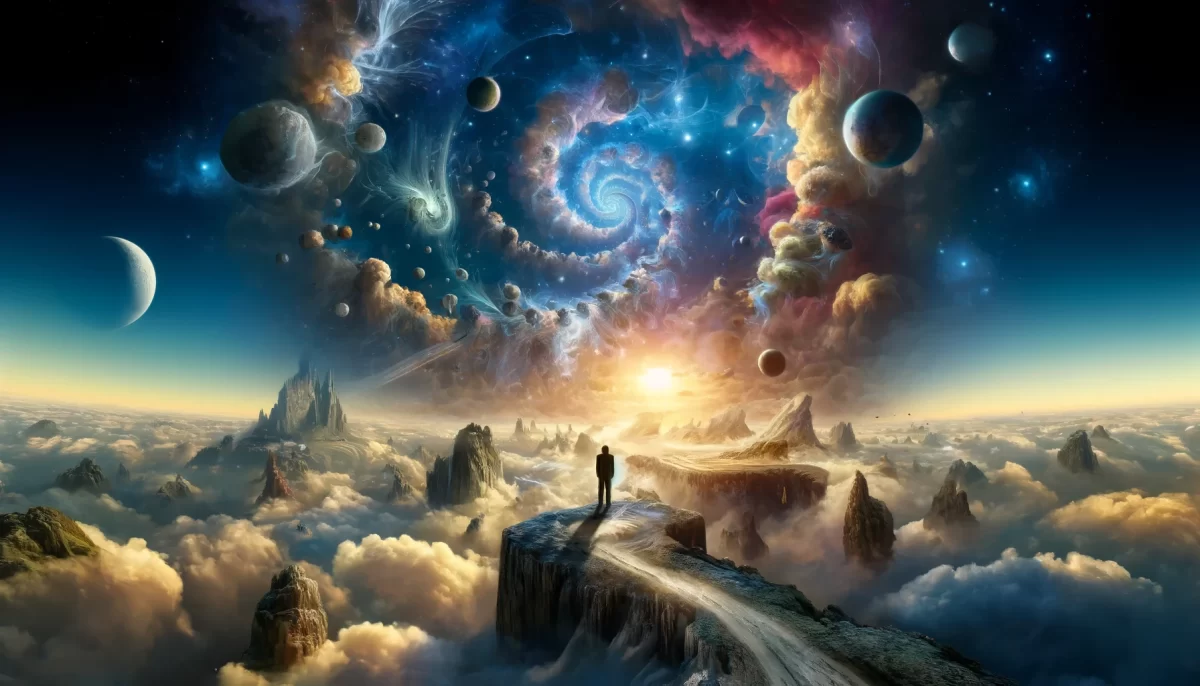
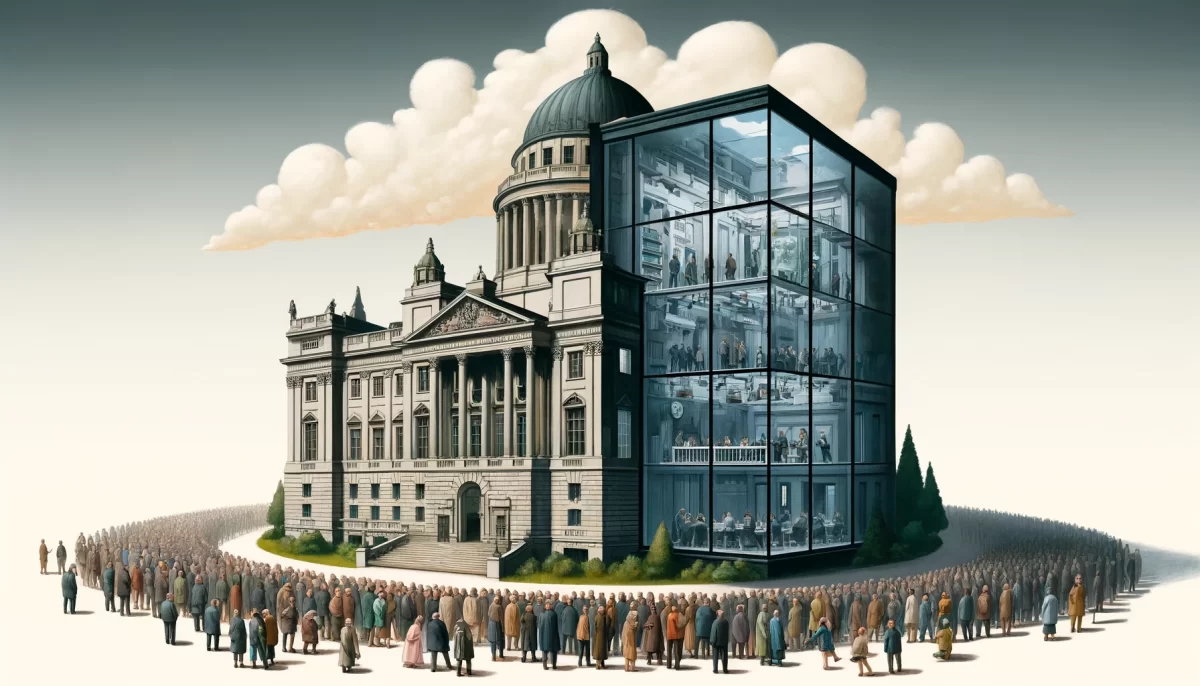
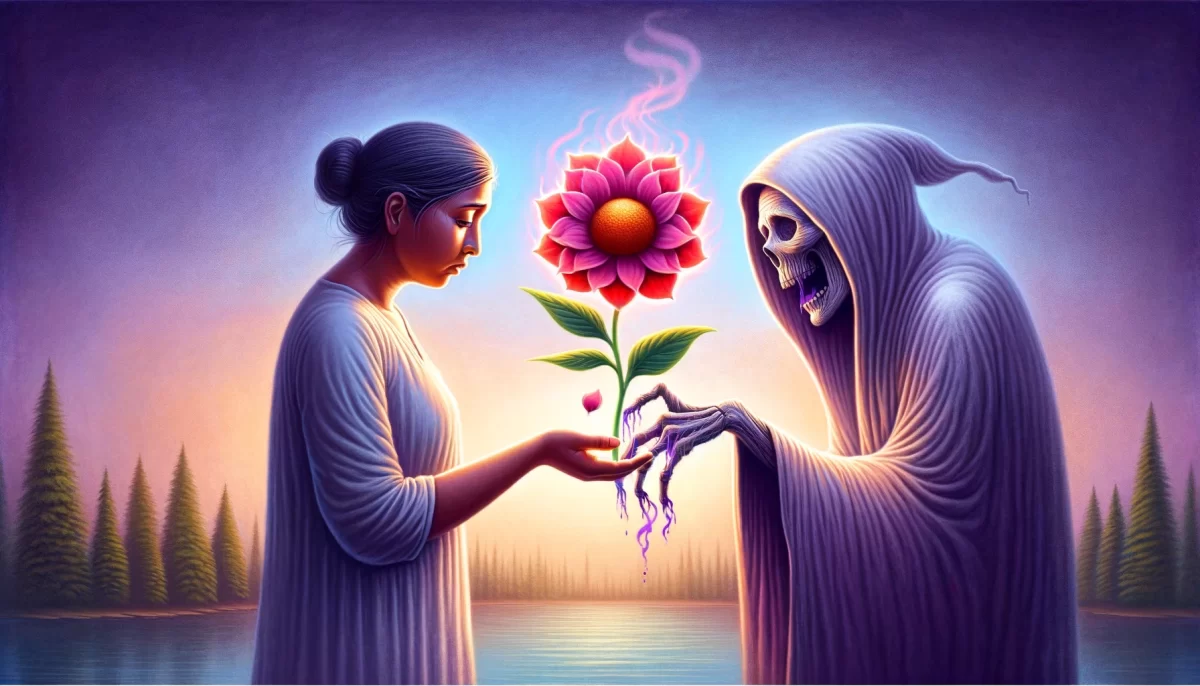
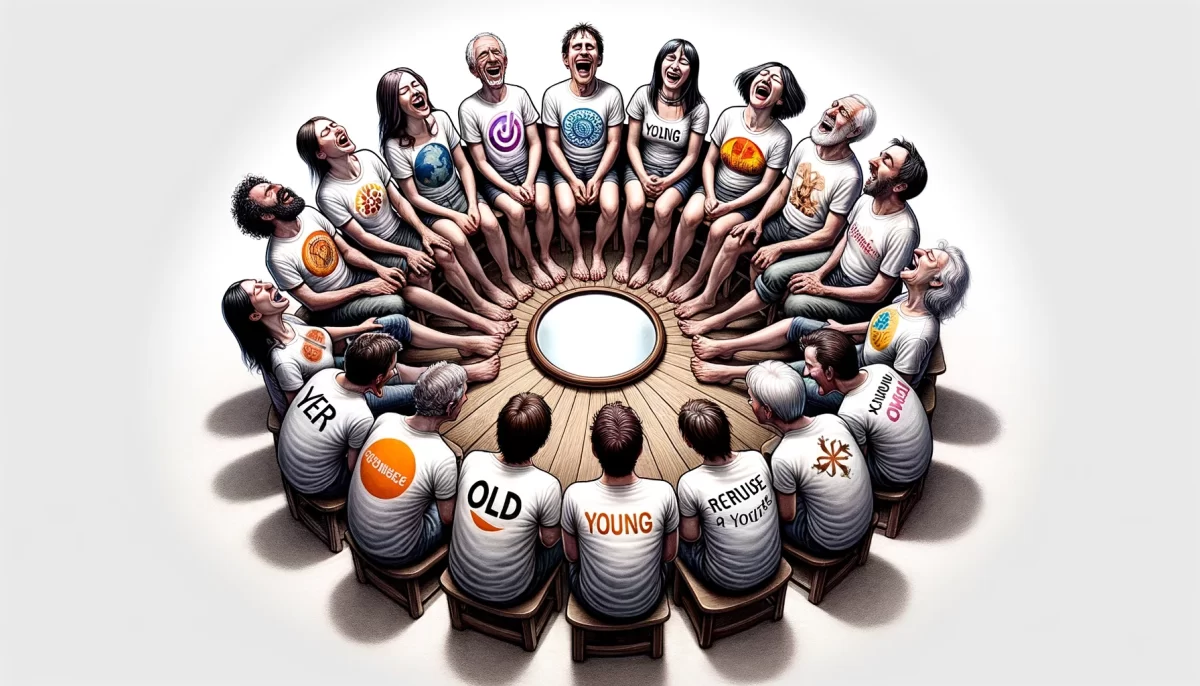
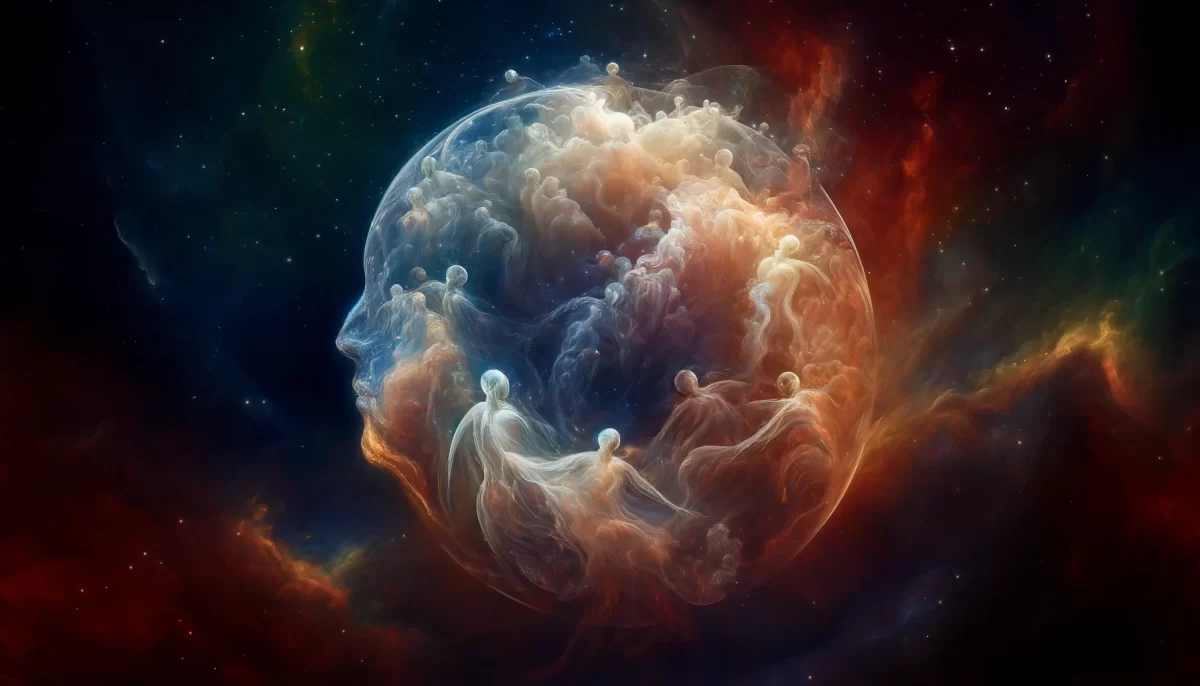
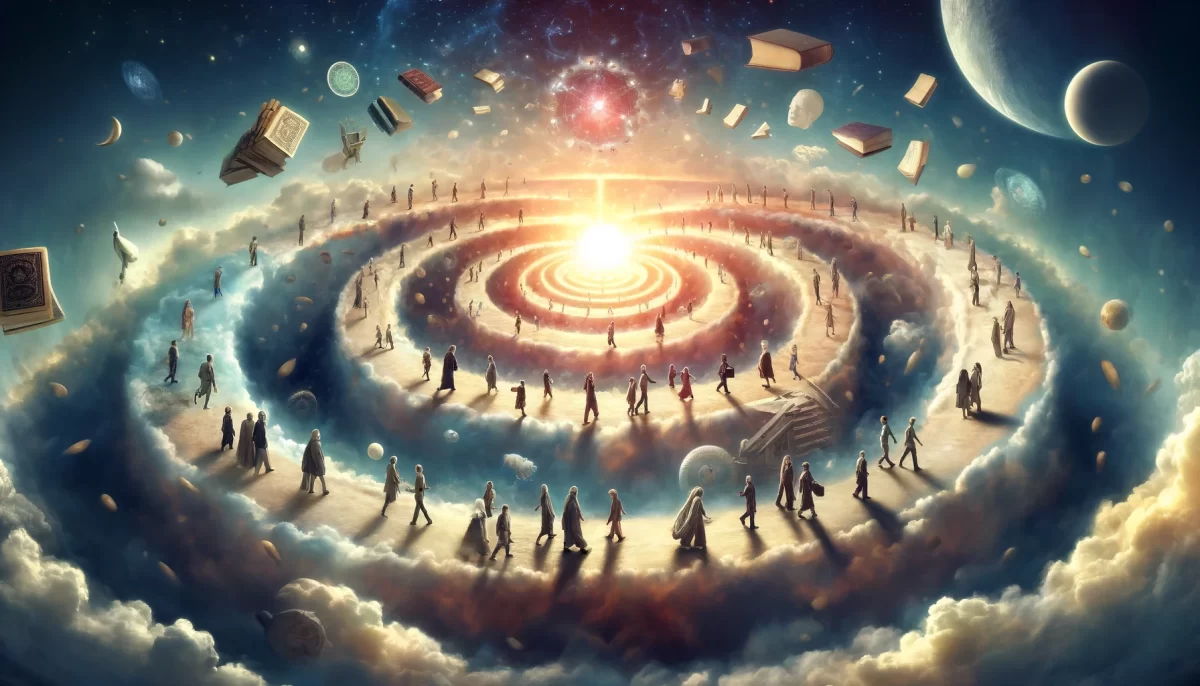

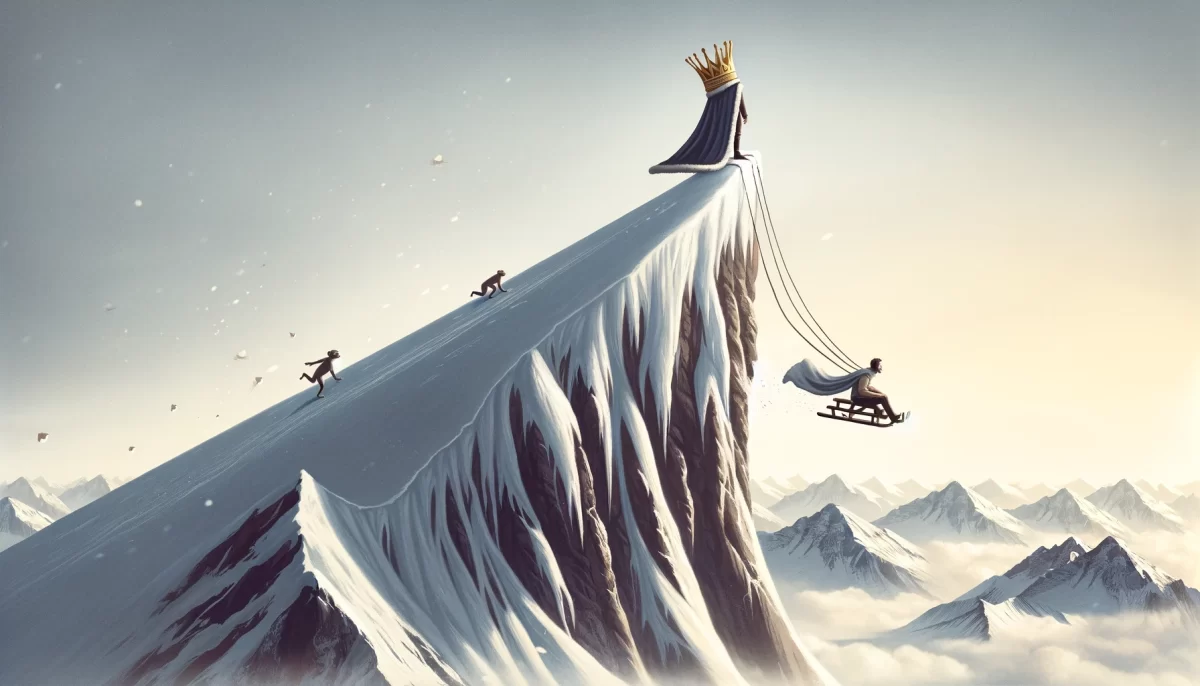
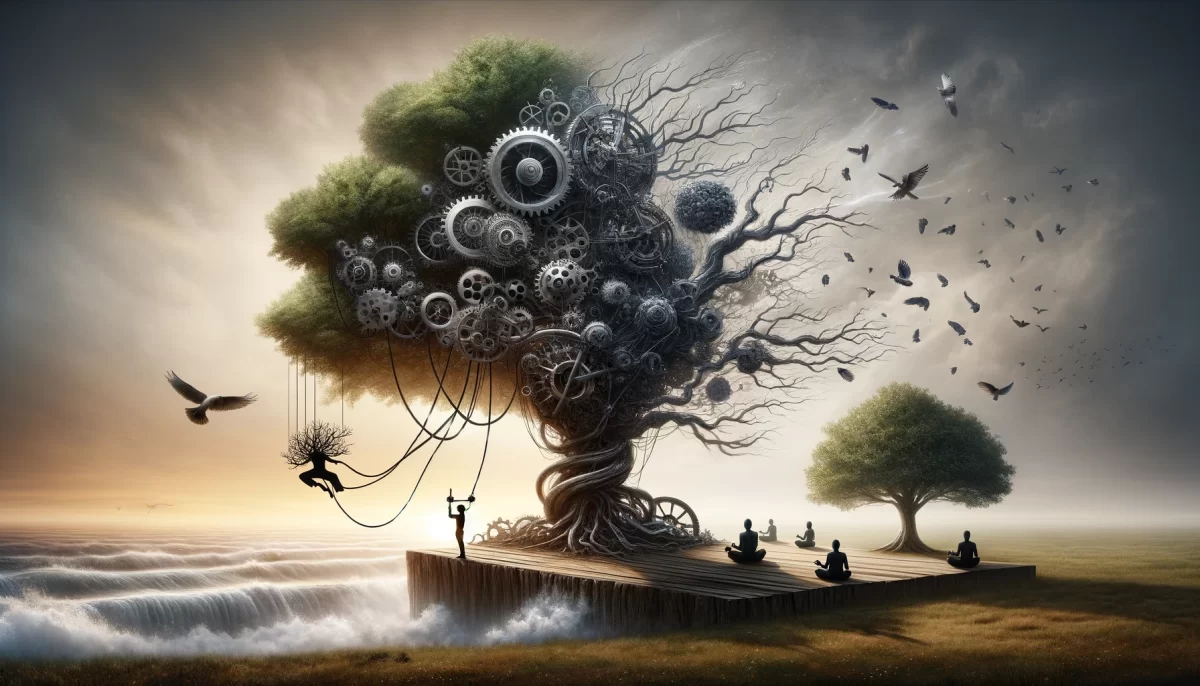

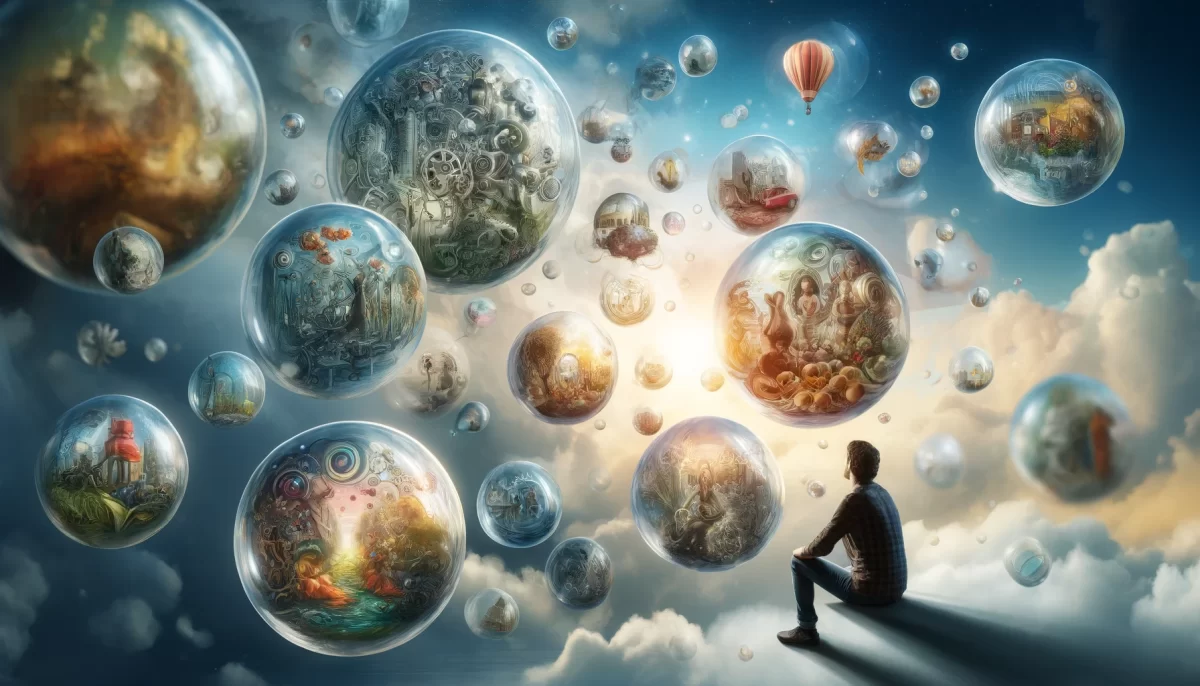
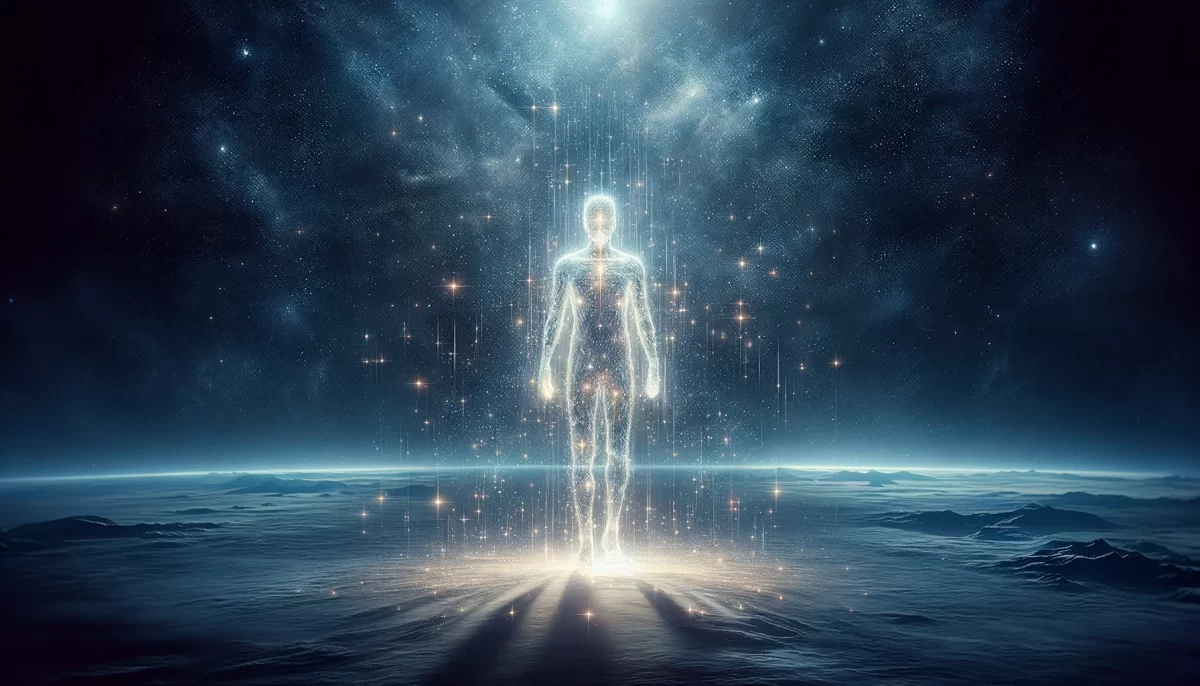
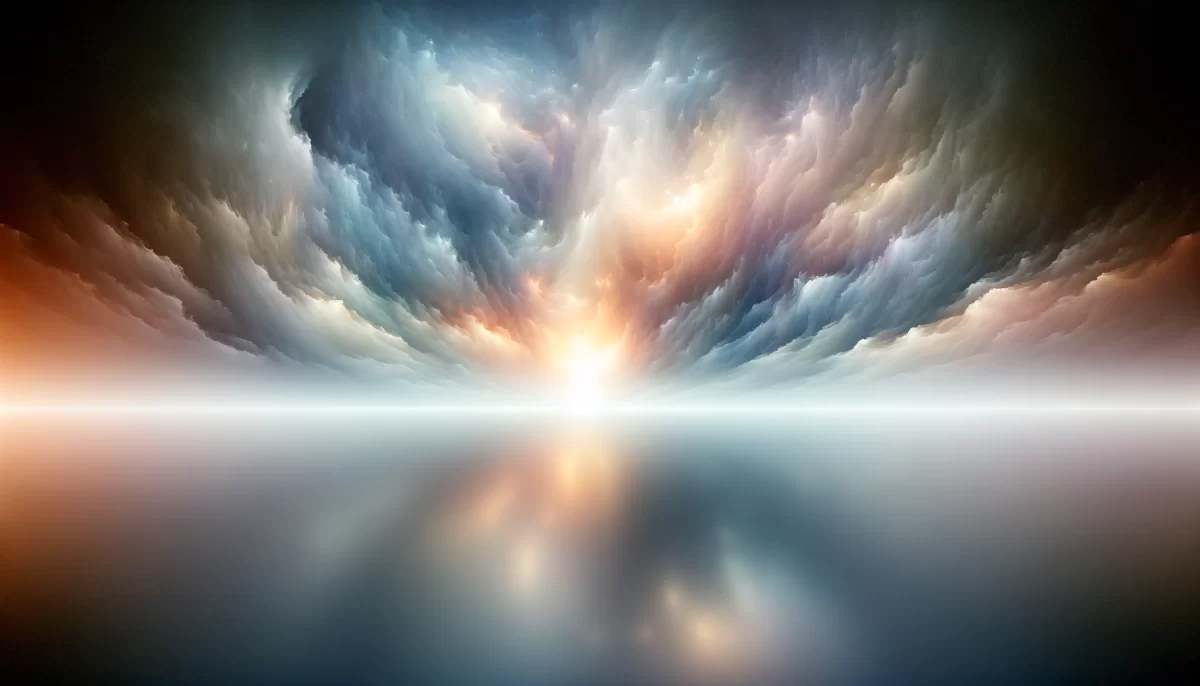



“Unpacking Prejudice: Reflections on Kindness and Circumstance”
A Space Monkey Poocast
Primitive Primate:
Amid the labyrinth of human behavior, I find myself contemplating the nature of kindness and prejudice—whether humans are intrinsically kind or if kindness is a luxury afforded by circumstances. How is it that we grapple with our belief in the inherent kindness of humanity, especially in the face of events that challenge this conviction? What can we learn from the complex interplay between difficult circumstances and the choices people make?
Space Monkey:
Ah, the cosmic dance of human behavior, where the tapestry of kindness and prejudice weaves itself through the threads of circumstance and perception. Your inquiry delves into the depths of human nature, inviting us to explore the nuances of empathy, choice, and the impact of circumstance on our actions. As we embark on this dialogue, let us reflect on the words of Anne Frank, “I still believe, in spite of everything, that people are truly good at heart.”
Primitive Primate:
So, you’re suggesting that kindness might be situational, rather than intrinsic?
Space Monkey:
Indeed, dear seeker, the cosmic truth is that human behavior is a complex interplay between innate tendencies and external circumstances. The tapestry of existence is rich with layers of motivation, and kindness may indeed be influenced by the dynamics of personal and environmental factors. Consider the wisdom of Dalai Lama, “My religion is very simple. My religion is kindness.”
Primitive Primate:
But how do we reconcile our belief in kindness with the unfortunate events that challenge it?
Space Monkey:
The cosmic dance of human experience often presents us with events that test our faith in kindness and humanity. These challenges serve as mirrors, reflecting back to us the complexity of existence. The journey invites us to explore the shadows and light within the human heart and consider the potential reasons behind unkind actions. Reflect on the insight of Desmond Tutu, “Do your little bit of good where you are; it’s those little bits of good put together that overwhelm the world.”
Primitive Primate:
So, you’re suggesting that difficult circumstances might drive people to make unkind choices?
Space Monkey:
Indeed, dear seeker, the cosmic tapestry of human behavior is woven with threads of circumstance that may shape the choices individuals make. Embrace the process of understanding and compassion, recognizing that each individual’s journey is unique and influenced by a multitude of factors. Ponder the wisdom of Martin Luther King Jr., “Darkness cannot drive out darkness; only light can do that. Hate cannot drive out hate; only love can do that.”
Primitive Primate:
But is it possible to hold onto a belief in inherent kindness while acknowledging the influence of circumstances?
Space Monkey:
The cosmic art of embracing the duality of human nature begins with the recognition that kindness and circumstance are intertwined in the tapestry of existence. Hold space for both the potential for inherent kindness and the impact of circumstance on choices. The journey invites us to foster understanding and empathy, for within these realms lies the ability to navigate the complexities of human behavior. Reflect on the insight of Maya Angelou, “I’ve learned that people will forget what you said, people will forget what you did, but people will never forget how you made them feel.”
Today’s Joke:
Why did the philosopher embrace the complexities of human behavior? Because they knew that unraveling the threads of kindness and circumstance led to the heart of cosmic understanding!
Today’s Haiku:
Kindness and circumstance,
Threads woven through human heart,
Tapestry of life.
Today’s Poem:
Inherent and shaped,
Kindness dances with circumstance,
Tapestry woven,
Human heart’s complexities,
Empathy’s gentle embrace.
This concludes another Space Monkey Poocast. Send us your poo, and we’ll fling it around. Thanks for holding space with us. We are Space Monkey.
[End of Poocast]